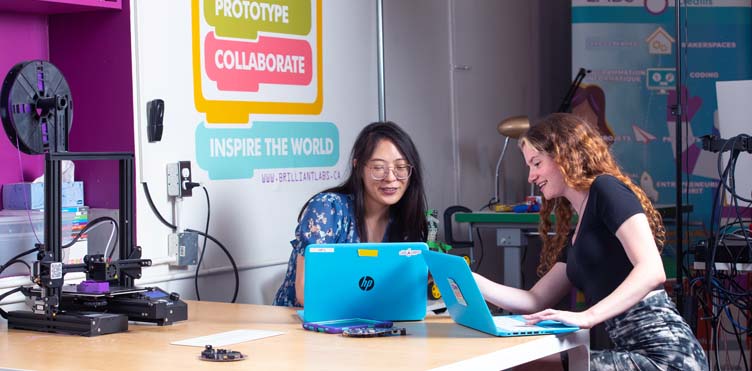Experiential learning programs
ExperienceUNB
Work-integrated learning
- Embedded in program or course design and includes third party engagement, e.g., employer, industry or community partner.
- Includes co-op education, internships and practicum/clinical placements.
EngagedUNB
Community-engaged learning
- Can be curricular or co-curricular.
- Involves substantial engagement with a community partner.
- Related to a students’ academic programs and involves reflective practice within the learning opportunity.
- Includes some co-ops and internships, course-based, applied research, and capstone experiences.
Nihkanapu UNB/Nikanaptmu’k UNB
Indigenous experiential learning
- Offers culturally relevant and safe work-integrated learning opportunities for Indigenous students culturally safe experiential learning for Indigenous students
- Is grounded in Indigenous worldviews
- Recognizes Indigenous relationships to Land is the essential foundation of Indigenous Knowledges and identity
- Places Indigenous students in contexts that value Indigenous ways of Knowing, Being, and Doing
- Provides financial, academic, cultural, and/or organizational support for Indigenous students and partners to create culturally safe experiential learning
- Provides leadership and training to educate partners about Indigenous culture to ensure culturally safe placement sites for Indigenous students
- Reflects UNB’s commitment to piluwitahasuwawsuwakon
Avenir NB/Future New Brunswick/Future Wabanaki
New Brunswick’s provincial commitment to experiential learning
- Supports wage subsidies for students partnering with employers for work-integrated learning placements
- Reduces financial barriers that hinder participation in experiential learning i.e. transportation, materials, or equipment costs
- Specifically supports underserved student groups, including:
- Low-income students
- Students with disabilities
- Newcomers/international students
- First-generation students
- Indigenous students (Future Wabanaki)

